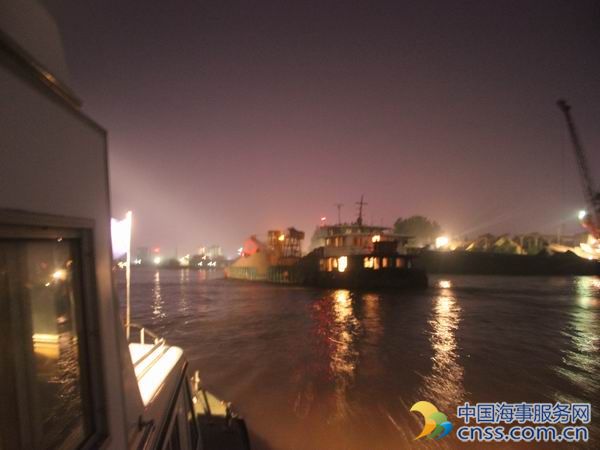Libya Oil Exports Seen Limited Until Blockades on Fields Lifted

Libya’s state crude producer is working to resume oil shipments from three ports after a deal was struck to settle payments to local guards. The move may triple production but only once blockades on oil fields that supply the ports are lifted.
National Oil Corporation “will now start working” with the unity government of the divided north African country to restart exports from the ports of Ras Lanuf, Es Sider and Zueitina, according to an e-mailed NOC statement. The resumption of exports from the ports and the release of budget money to the NOC would help boost Libya’s oil production by more than 900,000 barrels a day by the end of the year, it said.
“We need to be clear there are still big military, political and legal obstacles that must be resolved,” NOC Chairman Mustafa Sanalla said in the statement. “In the spirit of national unity, we urge the tribes and the municipalities in the oil-producing areas all over Libya to cooperate and join our commitment to let Libya’s oil flow freely.”
Libya’s oil production dwindled to 320,000 barrels a day in June from 1.6 million barrels before the 2011 revolt as various armed factions fought for control of the country holding Africa’s biggest oil reserves. Tribes and local factions have shut oil fields including Repsol SA-operated Sharara, Libya’s largest oil field, and ENI SpA’s Elephant, known as El Feel, which have a combined capacity of more than 450,000 barrels a day. Force majeure, a legal clause allowing Libya to stop shipments, was declared for all three ports in 2014 after a series of attacks.
Numerous Hurdles
“There are still numerous hurdles that need to be overcome including the opposition of the tribes controlling the associated fields and the damage to the terminal infrastructure,” Richard Mallinson, an analyst at Energy Aspects Ltd. in London, said by phone. “A separate round of negotiations seems to be required to reopen the fields. Plus, even the NOC statement suggests that force majeure will not be lifted immediately and hence there is no increase in exports just yet.”
NOC initially criticized the pay deal signed last week, under which Libya’s unity government agreed to settle with Petroleum Facilities Guard members in exchange for them to reopen the oil ports. NOC then backed the agreement after the presidency council confirmed that the only money paid to the PFG is in overdue salaries, the company said in a statement on its website Sunday.
“This is basically another example of another short term arrangement that will probably not prove to be durable in the long term,” Bill Farren-Price, chief executive officer at consultant Petroleum Policy Intelligence, said by phone. “While we might see some short term uptick in production, if the deal is implemented, the political issues are going to continue to impeded the oil sector.”
“Libya has now been into years of zero maintenance for the infrastructure so there’s a concern about the infrastructure damage,” said Farren-Price. “There are a few million barrels in the storage in some of the ports, so not very much really. We just don’t see the conditions as being positive and supportive of a long term recovery.”
Source: Bloomberg
HEADLINES
- Do shipping markets want Biden or Trump for the win?
- All 18 crew safe after fire on Japanese-owned tanker off Singapore
- Singapore launching $44m co-investment initiative for maritime tech start-ups
- Cosco debuts Global Shipping Industry Chain Cooperation Initiative
- US warns of more shipping sanctions
- China continues seaport consolidation as Dalian offer goes unconditional